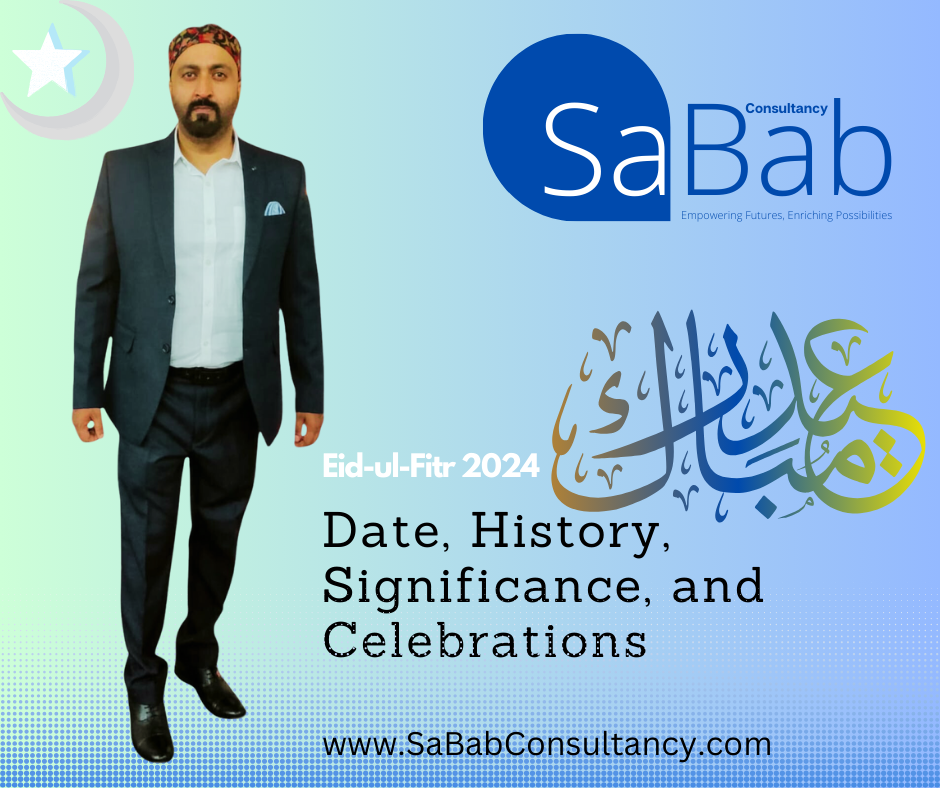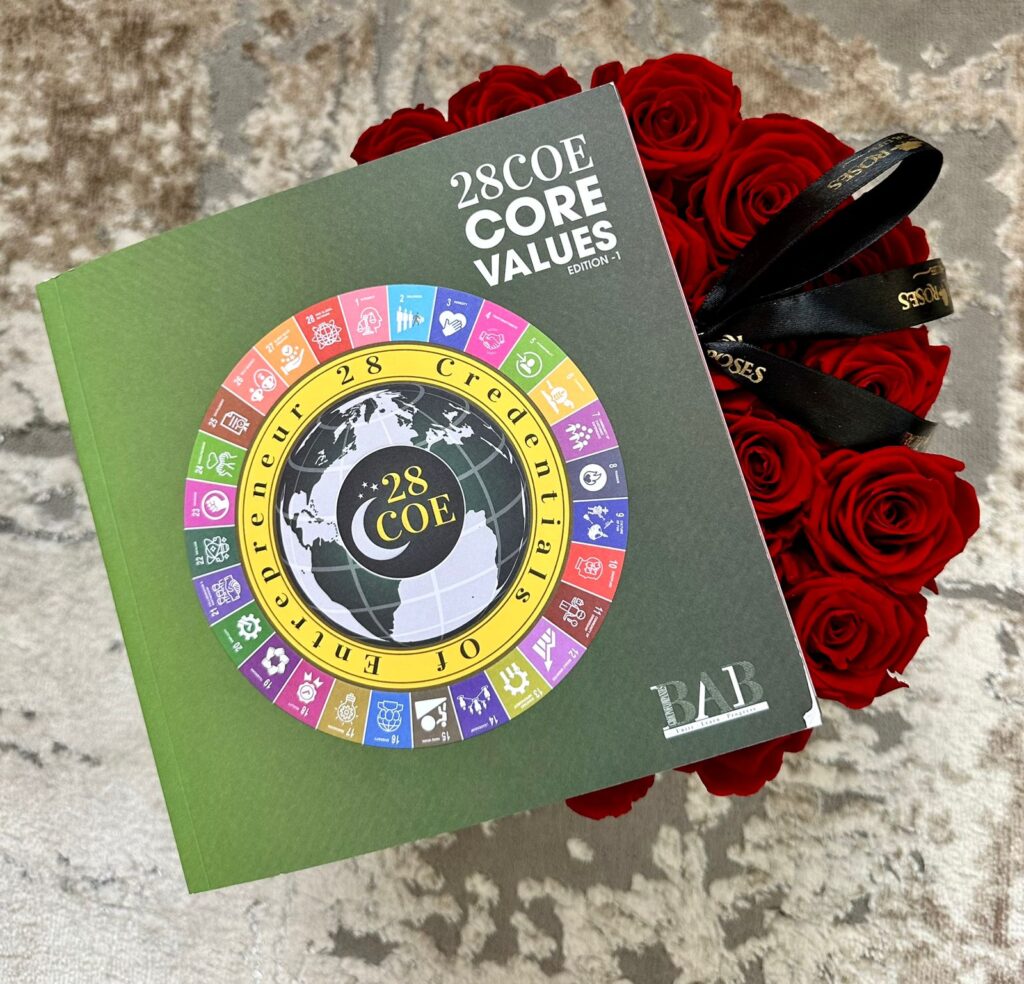
Eid-ul-Fitr, also known as the “Festival of Breaking the Fast,” is one of the most significant Islamic festivals celebrated by Muslims worldwide. It marks the end of Ramadan, the holy month of fasting, prayer, and reflection. In this blog post, we will delve into the date of Eid-ul-Fitr 2024, its historical background, significance, and the various customs and traditions associated with its celebrations.
Date of Eid-ul-Fitr 2024:
Eid-ul-Fitr is celebrated on the first day of Shawwal, the tenth month of the Islamic lunar calendar, immediately after the conclusion of Ramadan. The exact date of Eid-ul-Fitr varies each year as it is based on the sighting of the moon, which marks the end of Ramadan.
Historical Background:
The origins of Eid-ul-Fitr can be traced back to the time of Prophet Muhammad (peace be upon him). It is said that the Prophet himself initiated the celebration of Eid-ul-Fitr after receiving revelations from Allah SWT. The festival has since been observed by Muslims as a day of joy, gratitude, and communal gatherings.
Significance of Eid-ul-Fitr:
Eid-ul-Fitr holds immense spiritual and cultural significance for Muslims. It is a day of thanksgiving to Allah SWT for granting them the strength and perseverance to fast during the holy month of Ramadan. The festival is also a time for Muslims to come together with family and friends, seek forgiveness, and strengthen bonds of brotherhood and sisterhood.
Customs and Traditions:
The celebrations of Eid-ul-Fitr typically begin with a special congregational prayer known as Salat al-Eid, held in mosques or open prayer grounds. Muslims dress in their finest attire, often new clothes, and exchange greetings of “Eid Mubarak” (Blessed Eid) with one another. It is customary to give Zakat al-Fitr, a form of charity, to the less fortunate before the Eid prayers.
Feasting is a central part of Eid-ul-Fitr celebrations, with families preparing delicious traditional dishes and sweets to share with guests and neighbors. It is also common for Muslims to visit relatives, engage in acts of charity, and participate in community events and festivities.
Conclusion:
Eid-ul-Fitr is a joyous occasion that symbolizes unity, compassion, and gratitude within the Muslim community. It is a time for reflection on spiritual growth, renewal of faith, and spreading love and kindness to all. As Muslims around the world come together to celebrate Eid-ul-Fitr 2024, may the blessings of this auspicious day bring peace, happiness, and prosperity to all.
Eid Mubarak to you and your loved ones!
With warmest regards,
Syed Basharat Hussain
We wholeheartedly support all 17 UN Sustainable Development Goals through our collaborative efforts at SaBab Consultancy and beyond.

We wholeheartedly support all 17 UN Sustainable Development Goals through our collaborative efforts at SaBab Consultancy and beyond.

We wholeheartedly support all 17 UN Sustainable Development Goals through our collaborative efforts at SaBab Consultancy and beyond.
Copyright © 2023 Sabab Consultancy Designed by SIB Infotech